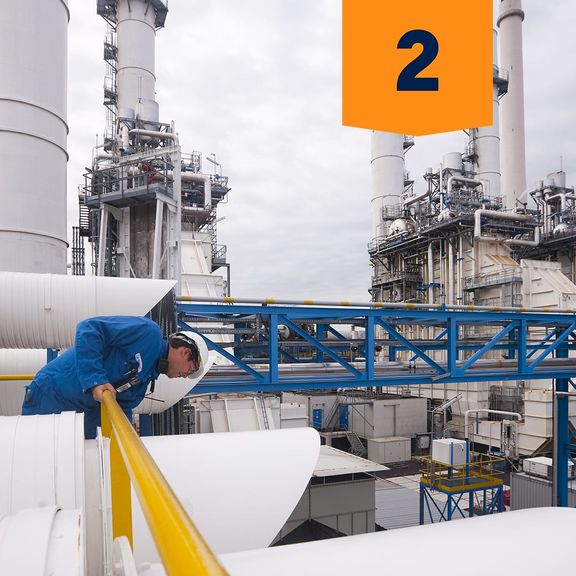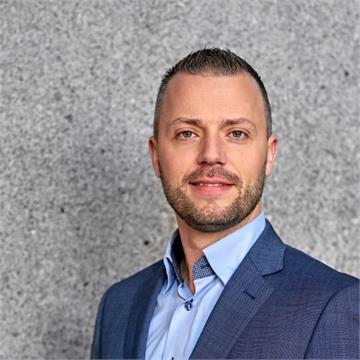
A new energy system
Industry is switching to sustainable electricity and (green) hydrogen. This requires substantial supplies of affordable energy from sources such as wind and the sun.
PILLAR 2
Towards a CO2 neutral port with a new energy system.
The role of hydrogen is growing. In addition to replacing natural gas to generate heat in the process industry, hydrogen is becoming a building block in sustainable chemistry to make products. Furthermore, hydrogen is developing into an important energy carrier in aviation and shipping, for heavy road transport and for heat supply in households and greenhouses.
Rotterdam hydrogen system
The Port Authority is working with various partners towards the introduction of a large-scale hydrogen network across the port complex.
Despite challenges posed by increased costs and economic uncertainties, the system is steadily taking shape. Currently, half of all hydrogen projects in the Netherlands are taking place in Rotterdam.
More information? Contact:
